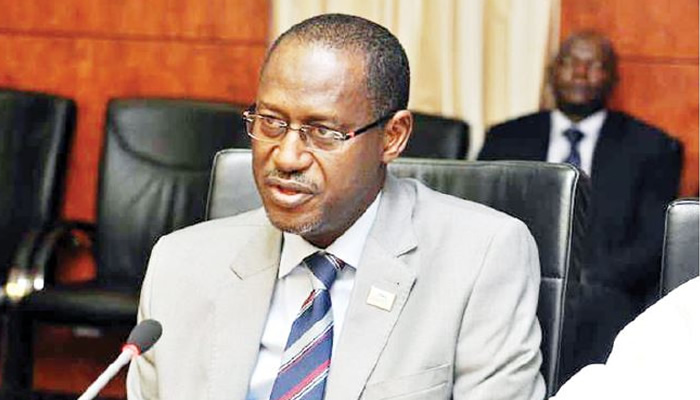The 2025 executive budget proposal of the Federal Ministry of Housing and Urban Development, presented by President Bola Tinubu, earmarks a substantial N6,345,650,913 for road infrastructure development. This allocation represents a significant portion of the ministry’s total capital expenditure, which stands at N83.75 billion. Out of this capital expenditure, N69.35 billion is specifically designated for the construction and provision of fixed assets, with road infrastructure receiving the lion’s share. This substantial investment in road infrastructure underscores the government’s recognition of its critical role in fostering economic growth, facilitating trade and commerce, and improving the overall quality of life for citizens. The allocation signals a concerted effort to address existing infrastructural gaps and enhance connectivity across the nation.
Beyond road infrastructure, the ministry’s budget outlines a comprehensive plan for investment across various sectors vital to national development. A significant N11.65 billion is allocated for the construction and provision of office buildings, reflecting the government’s commitment to improving the working environment for public servants and enhancing administrative efficiency. Furthermore, recognizing the critical need for affordable housing, the budget proposes N23.84 billion for residential building construction, aiming to address the pressing housing deficit plaguing the nation. Investments in essential social services are also prioritized, with N1.08 billion allocated for water facilities, N380 million for hospitals and health centers, and N682 million for public schools. These allocations demonstrate the government’s commitment to improving access to basic amenities and enhancing the overall well-being of its citizens. An additional N25.36 billion is allocated for other infrastructure projects, encompassing a range of initiatives aimed at bolstering the nation’s infrastructure backbone.
The ministry’s budgetary allocation extends beyond the construction of new infrastructure, encompassing provisions for the maintenance and rehabilitation of existing structures. A sum of N10.37 billion is specifically earmarked for rehabilitation and repairs, ensuring the longevity and optimal functionality of existing assets. This commitment to maintenance reflects a proactive approach to infrastructure management, aiming to prevent deterioration and minimize future costs associated with major repairs. By investing in the upkeep of existing infrastructure, the government aims to maximize the value of previous investments and ensure the continued provision of essential services to the public.
Further demonstrating a commitment to comprehensive infrastructure development, the budget allocates N346 million for the acquisition of fixed assets, including motor vehicles, computers, and teaching and learning aid equipment. A sum of N120 million is designated for motor vehicles, facilitating efficient transportation and logistical operations within the ministry. To enhance administrative capacity and improve data management, N26 million is allocated for the acquisition of computers. Recognizing the importance of quality education, N200 million is allocated for teaching and learning aid equipment, aimed at enriching the learning experience and enhancing educational outcomes. These investments in essential equipment reflect the government’s commitment to modernizing public services and equipping institutions with the necessary tools to effectively deliver their mandates.
Minister of Housing and Urban Development, Musa Dangiwa, has expressed his unwavering commitment to tackling the pervasive housing and infrastructure deficits plaguing the nation. Acknowledging the magnitude of the housing challenge, he estimated that at least 550,000 housing units are required annually over the next decade to bridge the existing gap. He emphasized that the ministry has made significant strides under the Renewed Hope Agenda, demonstrating a proactive approach to addressing these critical issues. However, recognizing the limitations of the current budgetary allocation, Minister Dangiwa advocated for increased funding to effectively address the housing crisis.
In his pursuit of increased budgetary support, Minister Dangiwa engaged with the National Assembly, highlighting the urgent need for greater investment in housing development. The National Assembly expressed its willingness to support a larger budget for the ministry in 2025, potentially reaching N500 billion. This potential increase in funding would represent a substantial boost to the ministry’s capacity to implement its ambitious housing development plans and make significant progress towards closing the housing deficit. The minister’s proactive engagement with the National Assembly underscores the government’s commitment to securing the necessary resources to address the nation’s pressing housing needs and improve the overall quality of life for citizens.


